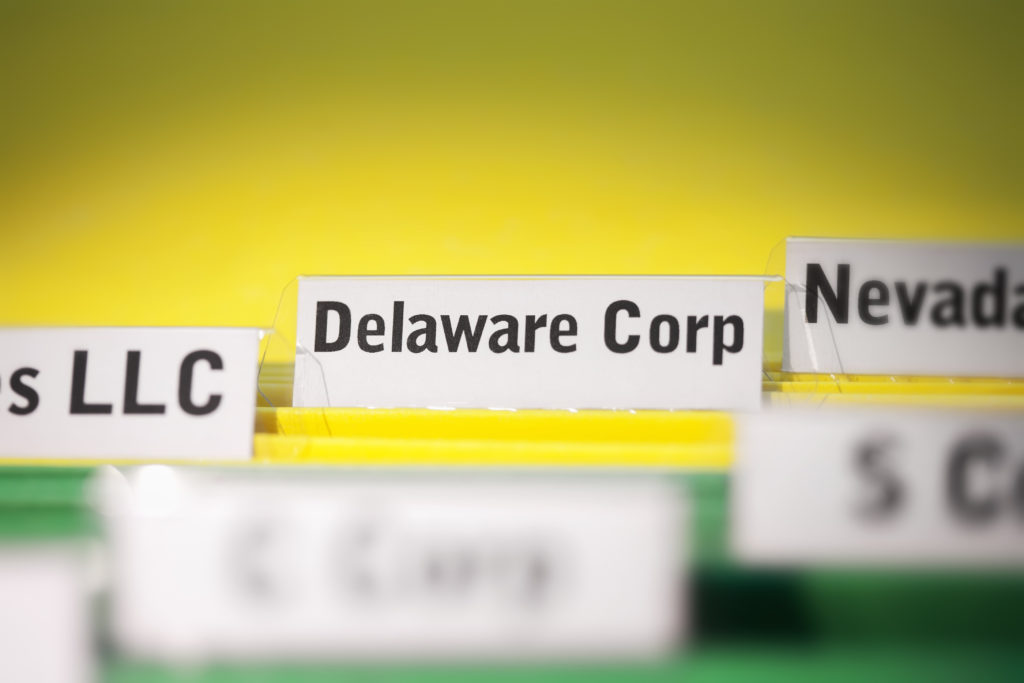What, Exactly, Does It Mean to Incorporate?

How Do You Define Incorporate?
In the U.S., incorporating a business is something that happens on a state level. Each state has slightly different rules, regulations, and processes for how their incorporations work. But, in all states, “incorporation” is as a legal act that allows a person to organize a corporation. Once you incorporate your business, you will have the legal shield to protect your personal assets. That shield is not in place until after you incorporate the company.
What Does It Mean to Incorporate?
A business is formed when the formation involves an “unincorporated” entity. In other words, you do not incorporate LLCs, LPs and partnerships, you form them. When someone talks about incorporating a company, any business lawyer will tell you this means starting a corporation, not forming an LLC.
With the rise of the LLC, the term “formation” has taken hold and the term “incorporate” has migrated in the business vernacular to also refer to an LLC. Academics and business law practitioners still insist on the distinction, but the the business community uses the two terms interchangeably.
Why Do People Incorporate?
There are many reasons why business owners incorporate. Here are some of the biggest ones to keep in mind:
- Legal protection. This is one of the most common reasons why a business owner will choose to incorporate. Incorporating your business offers your company select protections under the law of its state of incorporation.
- Asset protection. Once you incorporate, your personal assets are legally separate from those of your company. If there was a legal issue with your company, state law will typically consider your personal assets untouchable after you incorporate. Keep in mind, though, that you’ll need to act as if those assets are separate (through separate billing systems and bank accounts, for example) in order for this to be upheld in court.
- Credibility. Having an incorporation indicator like Inc., Co., or Ltd., after your company name lets others know you’re serious about your business.
- Protection of your business name. In most states, including Delaware, other businesses can’t incorporate their business under the same name as yours.
- Tax options. Corporations can elect to be taxed with pass-through taxation, where the profits and losses are reported on the income taxes of owners on IRS Form K1. This is known as a subchapter S tax status to pass corporate income, losses, deductions, and credit to shareholders of your company. By completing and filing IRS Form 2553 within 75 days of incorporating, the tax return to be filed annually will be the 1120-S. Note that all shareholders must have a SSN to be eligible for this election.
Where to Incorporate
When it comes to incorporation and LLC formation, there is Delaware and then there is the rest of the world. For most business owners, Delaware is the best state in which to form their LLC. By dedicating itself to the needs of businesses, the state of Delaware has distinguished itself as the leader in desirable corporate and LLC legislation. Combining reasonable filing and maintenance fees, a responsive Division of Corporations and an exemplary litigation system that defers to the contract between owners, Delaware has created an optimal environment for the creation of world-class LLCs and corporations.
Who Incorporates a Business?
Any person can and does incorporate businesses. The incorporator is the person who signs the Certificate of Formation for an LLC, or the Certificate of Incorporation for a corporation, before filing it with the Secretary of State. This is usually someone from the office of the incorporation service if a commercial registered agent formed the business. For a corporation, the incorporator subsequently signs Minutes of the Initial Meeting of Incorporator to hand over authority to the initial corporate director or directors of the business.
How Do You Incorporate?
Again, the process is slightly different in every state. In Delaware, the process is fairly easy. Typically, you’ll need to take the following steps:
- Choose a company name
- Determine the type of company (do you want to form an LLC or incorporate a corporation?)
- Pick a Delaware registered agent (i.e. a commercial provider with an in-state address who handles legal correspondence for you)
- Submit your details, including your company name and contact information.
- Wait to receive your stamped filed copy of either (1) the certificate of formation (for an LLC) or (2) the certificate of incorporation (for a corporation).
IncNow can handle all of this for you. Just fill out a simple online form, and we’ll take care of the rest. You’ll enjoy the benefits of incorporation before you know it.




